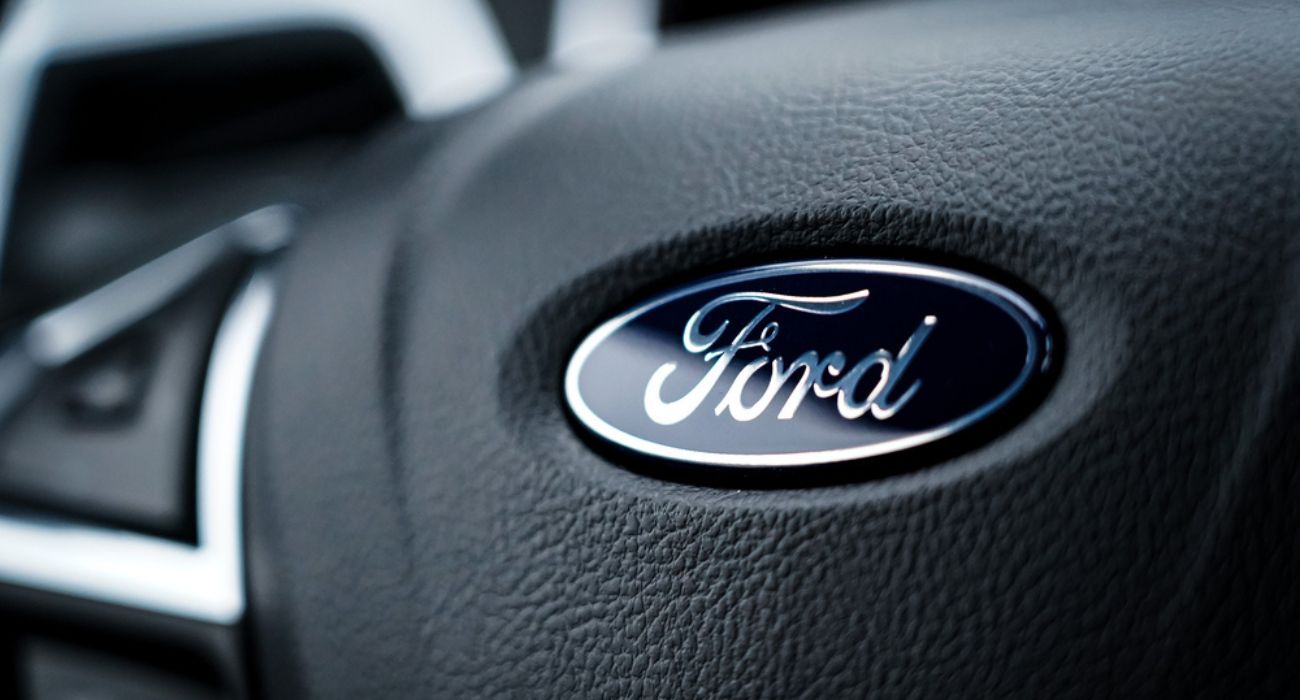The National Highway Traffic Safety Administration has expanded an investigation into Ford Motor Co. over the risk of engine failure in nearly 709,000 vehicles.
According to the National Highway Traffic Safety Administration (NHTSA), without warning, certain Ford vehicles fitted with 2.7-L and 3.0-L EcoBoost Engines may experience “catastrophic engine failure” due to a faulty intake valve that can cause a “loss of motive power” under normal driving conditions.
In total, 708,837 Ford vehicles are estimated to feature the alleged defect. Vehicles included in the investigation include certain 2021-2022 model years such as the Ford Bronco, Ford Edge, Ford Explorer, F-150, Lincoln Aviator, and Nautilus.
The expanded investigation, which was opened by NHTSA’s Office of Defects Investigation (ODI) at the end of September, now includes an engineering analysis.
According to ODI, the engineering analysis will evaluate the scope and frequency of the engine failures across all impacted vehicles, coordinate with NHTSA’s Vehicle Research and Testing Center to evaluate field return parts, analyze the effect of time-in-service on the failure rates for the affected engines, and gather and review additional information to evaluate the effectiveness of Ford’s manufacturing improvements regarding the alleged defect.
During its initial investigation, NHTSA identified several factors that contributed to the fracturing of intake valves. Ford acknowledged the valve defect and its risks, noting that fractured intake valves typically necessitate a full engine replacement.
One of the main issues identified by investigators was the particular alloy with which the valves were manufactured. According to Ford, the valves were manufactured with “Silchrome Lite,” an alloy that can become excessively hard and brittle if an “over-temperature condition occurs during the machining of the component.”
Once the engineering analysis is completed, NHTSA can either close the matter or request that Ford issue a recall. The ODI did not provide a timeline for when it expected to conclude its analysis.






